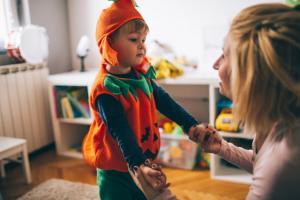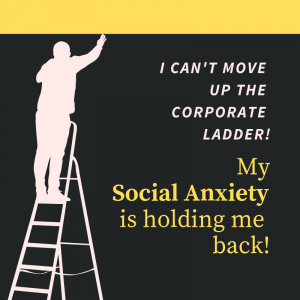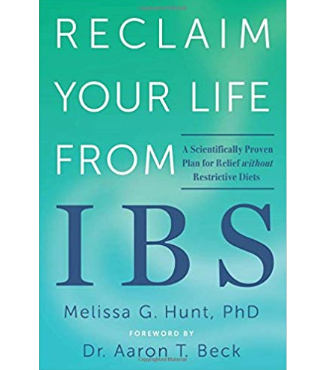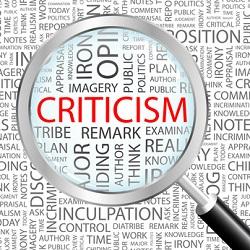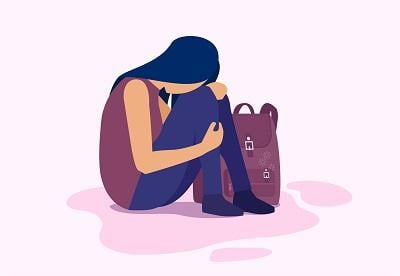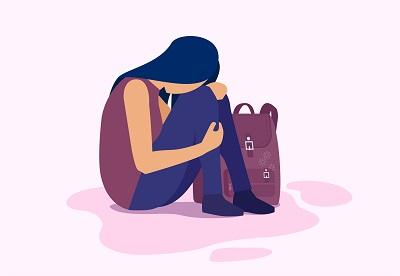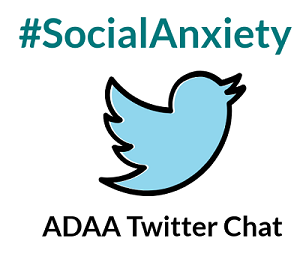ADAA Mental Health Blogs for the Public
It’s almost Halloween! My favorite holiday of the year – why? Because it’s not possible to be perfect on Halloween, and I embrace the imperfect. Other holidays have a perfect image we measure our own celebration by, but not Halloween! On this one day, the gory and the grimy rule. We all savor our shivers of fear about horrors we normally avoid. Terrifying movies! Ghosts! Devils! Spiders! All are out in force for Halloween.
People with Social Anxiety (SA) have an intense fear of being judged negatively, being criticized, or being embarrassed in public. These fears can have a profound negative affect on professional advancement. Here are examples of how two people with different types of SA fears were able to make changes that helped them achieve career success. NOTE: the identifying details of the individuals have been changed to protect their privacy.
Irritable Bowel Syndrome (IBS), an unpleasant and often debilitating condition, is characterized by frequent, recurrent abdominal pain, as well as problems with constipation and/or diarrhea. People with IBS often experience a strong urge to use the bathroom, and may avoid going to places without easy access to one. This means that many everyday locations (malls, parks, places of worship, movie theaters, classrooms, offices) feel risky, and people might start to limit their activities as a result.
Nobody likes to be criticized but it can be particularly difficult for individuals with depression and anxiety disorders. Individuals with depression tend to be highly self-critical and frequently have an ongoing internal dialogue that is harshly judgmental of themselves. Having someone else be critical can then act like salt to the wound and trigger feelings of shame at being exposed as deficient. Individuals with anxiety, particularly social anxiety, are very fearful of being judged and being criticized can feel like being under attack in a war zone!
Everyone says raising a child is easy right? Like riding a bike—once you learn how, you’ll always know how and it will never change? Wrong, oh so wrong. When it comes to raising kids, things are constantly changing. Something as small as pollen count to something bigger like sleep and diet changes, or a new school year or schedule can change everything. All of these changes come together like a perfect storm to create a child who is irrational and difficult to soothe, to change your child from the perfect kid to the exorcist—a child you don’t even recognize as your own.
On October 11, 2018, ADAA held a Twitter chat under the title #SocialAnxietyADAA. ADAA members Debra Kissen and Holly Scott answered questions on the signs and symptoms of social anxiety as well as coping tips and strategies.
1: What are the signs and symptoms of social anxiety?
